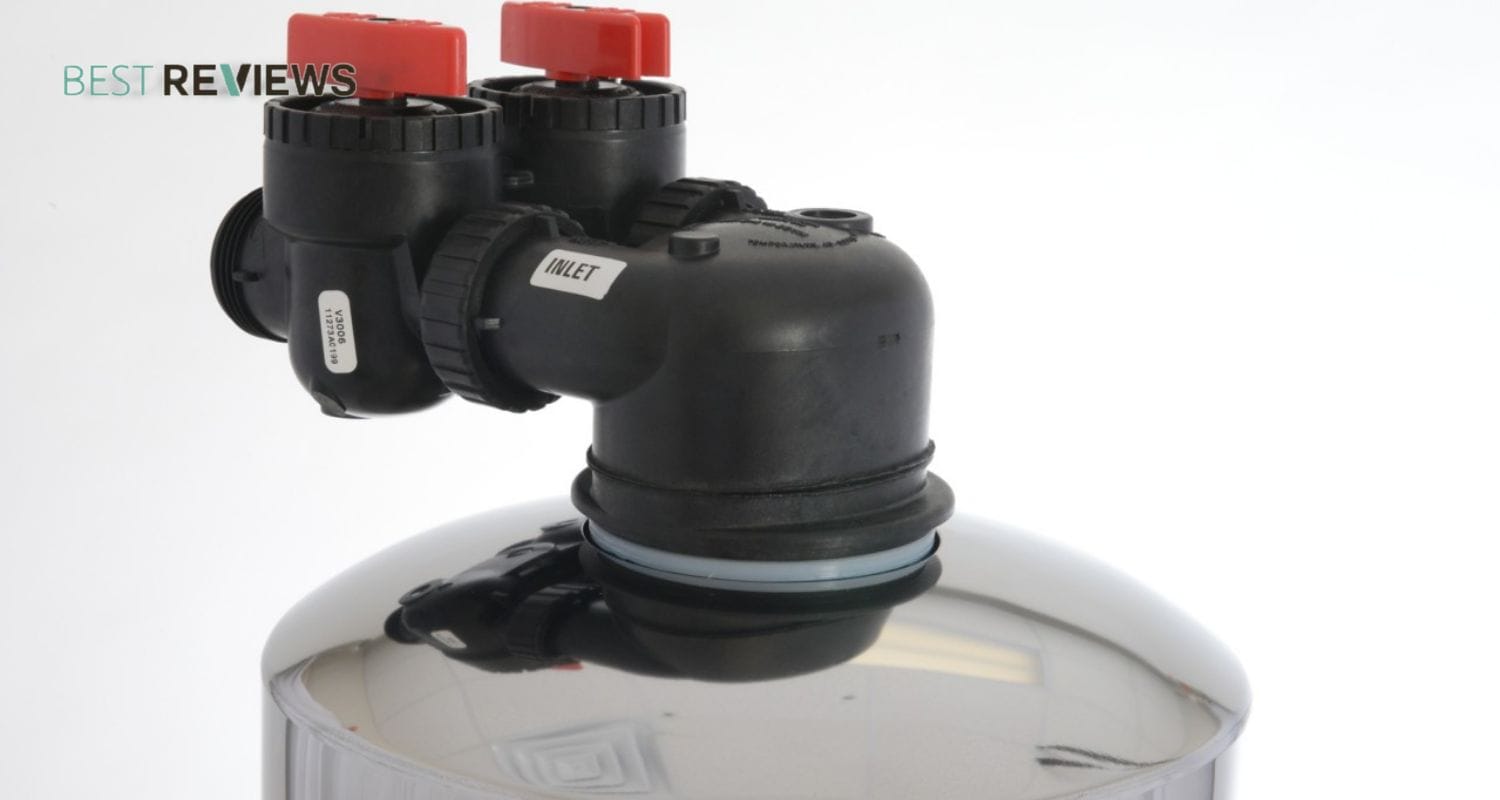How Can I Soften Water Without A Water Softener?
Installing a traditional water softener system is often the most common method used to combat hard water’s damaging effects upon plumbing, appliances and, ultimately, your wallet. However, there are a number of alternatives on the market today which allow you to effectively soften hard water in the home.
Ionic showerheads are a fantastic way to soften the water used for bathing, eliminating the problem of limescale build-up in the bathroom.
Furthermore, the mineral ions in hard water react with soaps, shampoos and conditioners, meaning you’ll need to use more product each time. By softening the water in your shower you can avoid this needless waste and save money.
Another alternative to ion-exchange water softeners are physical water conditioners. Rather than using sodium ions to soften water, a water conditioner will cause the mineral ions in hard water to precipitate out of solution.
This prevents limescale from building up inside plumbing, boilers, washing machines, kettles and other appliances which can reduce efficiency and shorten the lifespan.
Finally, a Reverse Osmosis System is one of the most effective ways to remove dissolved solids from your water, including the calcium and magnesium ions responsible for hardness.
Reverse Osmosis Systems can be installed in the home and work by passing water through a semipermeable membrane to remove 99% of dissolved solids. The result is purer, softened water in the home and an effective solution to the problem of limescale.
Does a Water Softener Increase Home Value?
Hard water, although entirely safe to drink, is certainly undesirable. The resulting limescale scum is unsightly and time-consuming to remove, causing tiles, glass, surfaces and cutlery become cloudy and dull in appearance. These same mineral deposits can even affect the hair and skin, leading to dryness and brittle, lifeless hair.
In the long term, by failing to invest in water softening, homeowners will face additional expenses due to the damage that hard water can cause. Scale build-up can have a massive effect upon boiler and appliance efficiency, making it significantly more expensive to heat untreated water.
Additionally, pipes, boilers and washing machines will need to be repaired or replaced far more frequently when affected by hard water. The cost of this maintenance can quickly add up over time, meaning it is better to invest in water softening as soon as possible.
Installing a water softener is an excellent way to increase home value, thanks to the many desirable benefits of softened water. These include improved energy efficiency; a longer life-span for appliances and plumbing; needing smaller quantities of soaps and detergents and improvements in water taste and in the shower.
What Is The Average Cost Of A Water Softener System?
Ion-exchange water softener systems generally cost between £300-£400, but can go up to £800-1000 for the more expensive models.
Reverse Osmosis Systems are generally between £100-250, and physical water softeners are the cheapest option, priced between £50-200.
Products such as ionic showerheads which soften water in a specific part of the house are much cheaper, and can be purchased for under £20.

